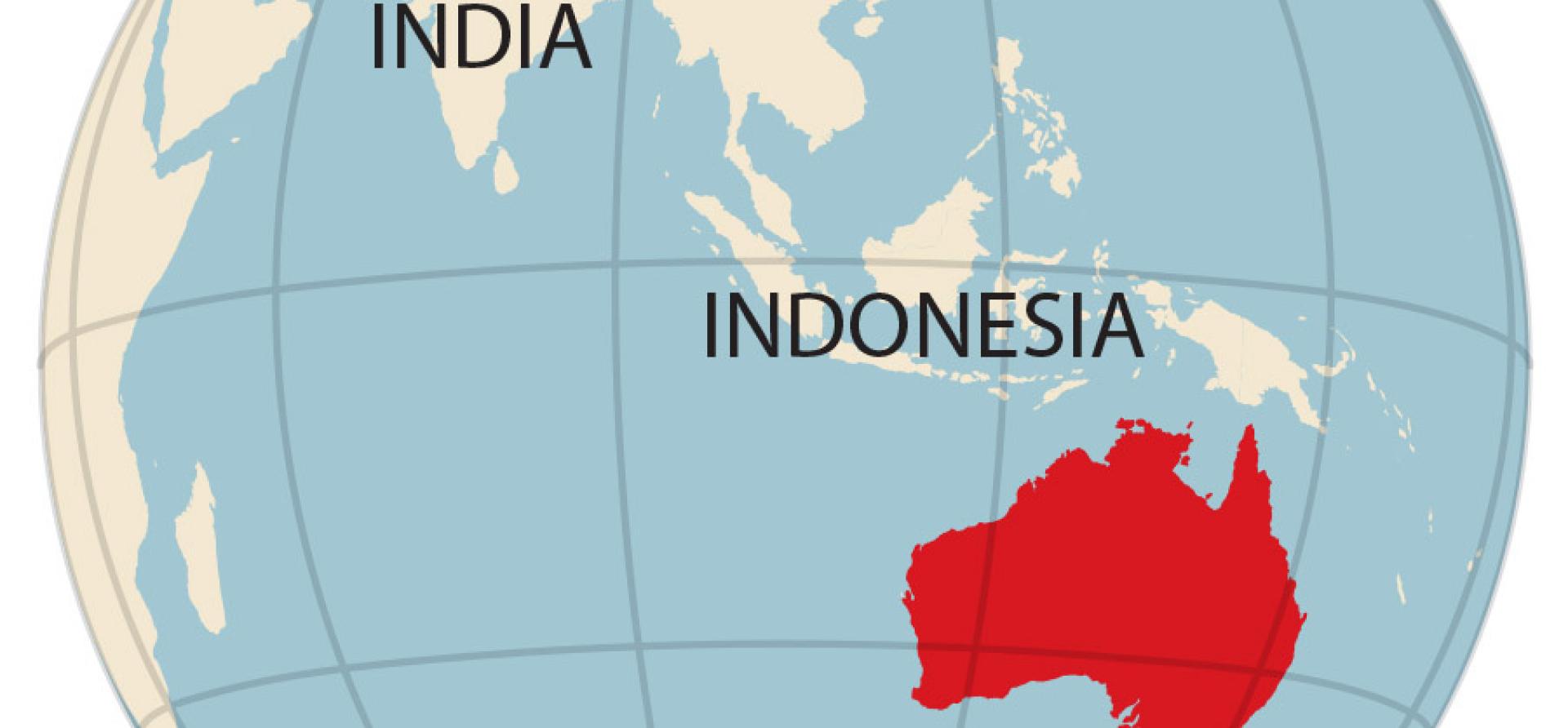Indonesia at the tipping point
Download Full Report

Key Findings
Over the past year, the Ministry of Energy Mineral Resources (MEMR) and leading policymakers have launched a range of policy initiatives with strong resource nationalism themes.
Coal thrives in the dark; the cost of over-committing to baseload coal power goes unacknowledged when decision-makers do not have to link their decisions to anything beyond narrow local imperatives.
Now is the time for MEMR and PLN to re-direct their planning and operating disciplines. First up should be a review of demand forecasting techniques and the development of new pricing tools that would provide meaningful incentives for energy efficiency and the provision of cost-effective peaking reserves, such as battery storage.
Executive Summary
The preliminary “quick count” results are in for the presidential election that took place on Wednesday April 17th and it appears that President Joko Widodo, known as “Jokowi,” seems likely to be on track for a second five-year term. His re-election can be seen as a vote of confidence in a President who has made improving infrastructure, and a buildout of the power sector, his highest priority.
In Jokowi’s first term, he championed a simple goal—the construction of 35GW of new generating capacity. The good news for future generations of Indonesians is that the state-controlled power company, PLN, missed its target because the technology options for young, fast-growth economies have changed dramatically. The bad news is that a legacy of rushed decisions made over the past two years now threaten to penalize consumers and limit Indonesia’s ability to benefit from increasingly cost-competitive renewables for years to come.
The story of Indonesia’s power sector for the rest of 2019 will be determined by whether Jokowi’s new administration can rise to the challenge and deal with four inter-connected problems. Promising to burn massive quantities of low quality Indonesian coal may have kept some voters warm, but Indonesians will be paying a very high price for their love affair with coal, and the younger generation will be stuck with limited options to fix a rigid system. Here is our checklist of the issues to watch as the new teams and policies take shape:
- New capacity choices
- System design
- Tariff politics
- Subsidies
Press release: IEEFA briefing note: Indonesia at a crossroads
Please view full report PDF for references and sources.














